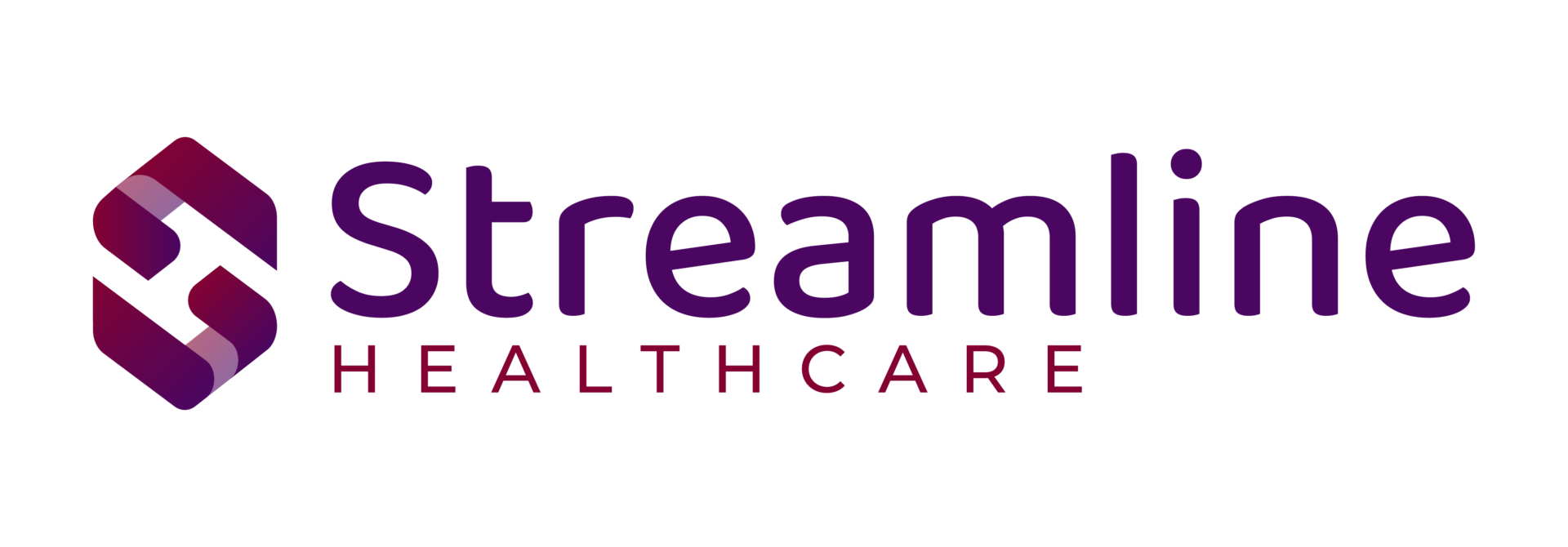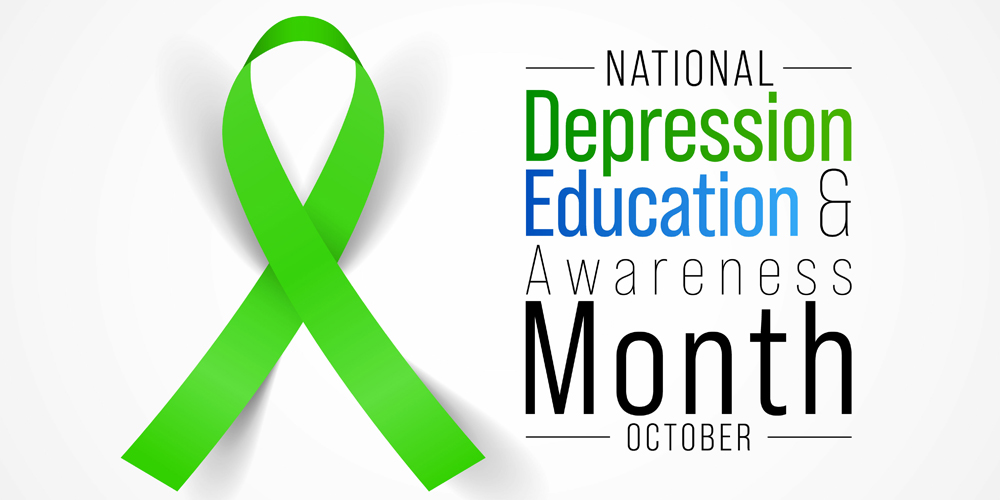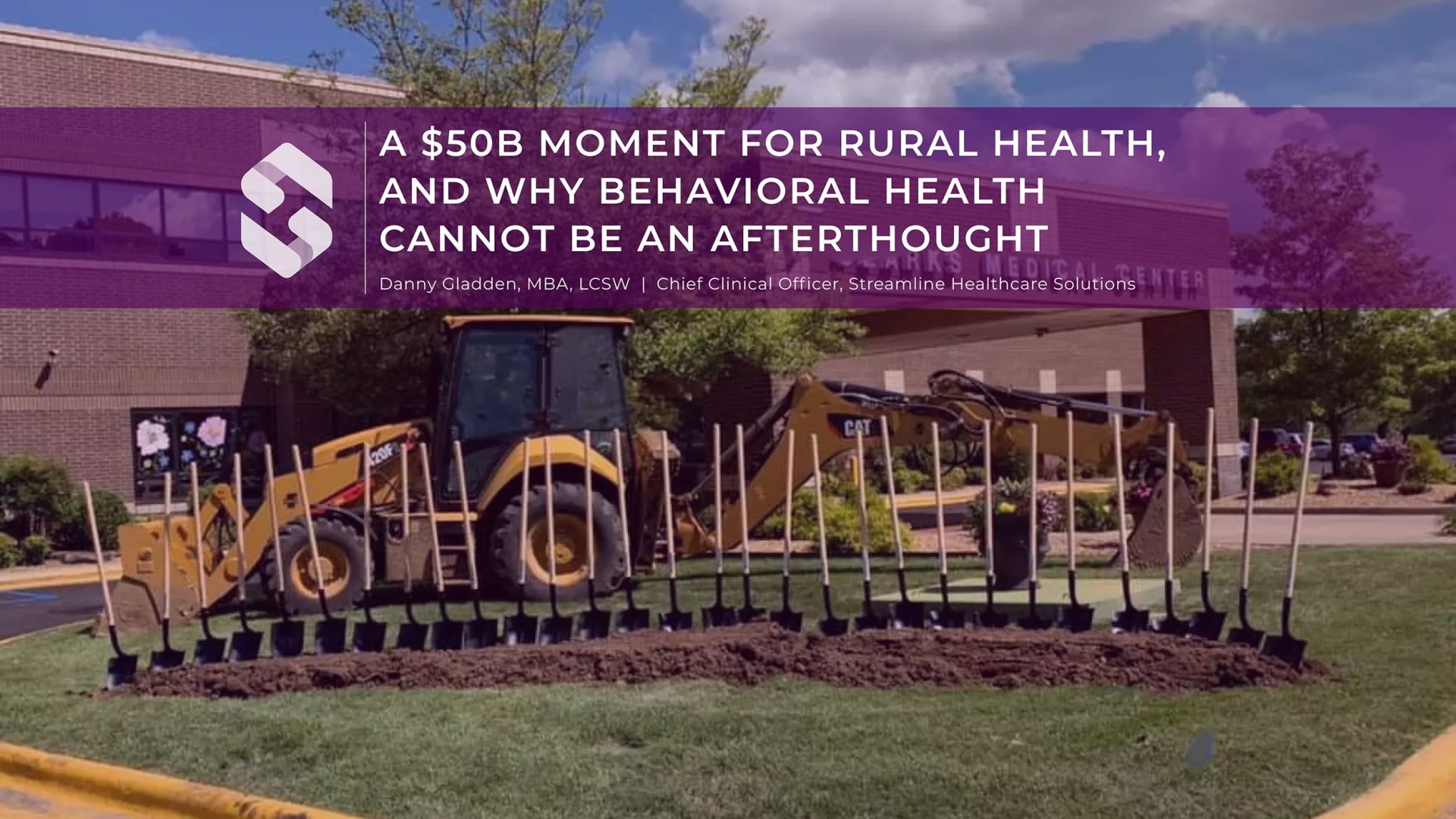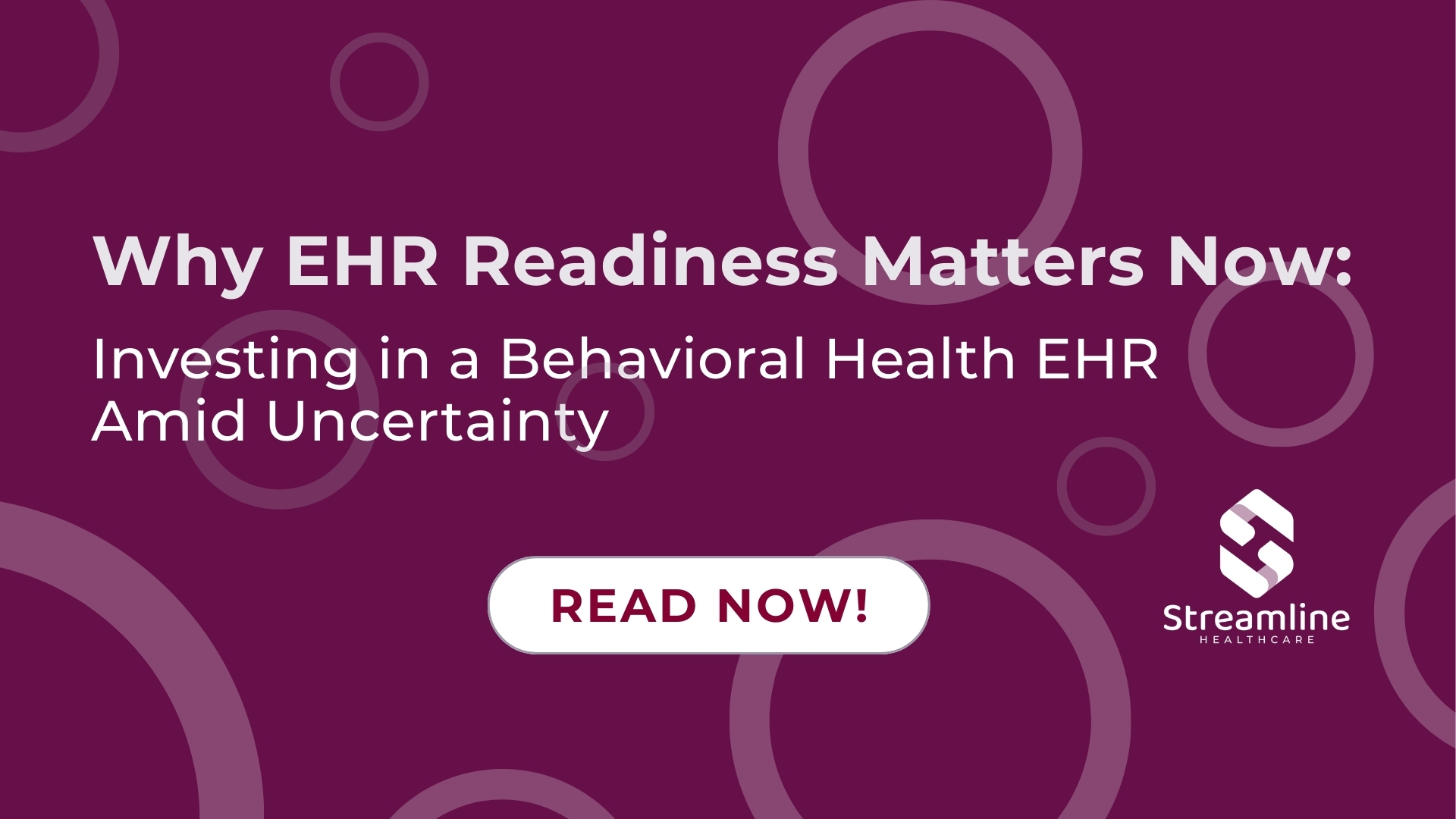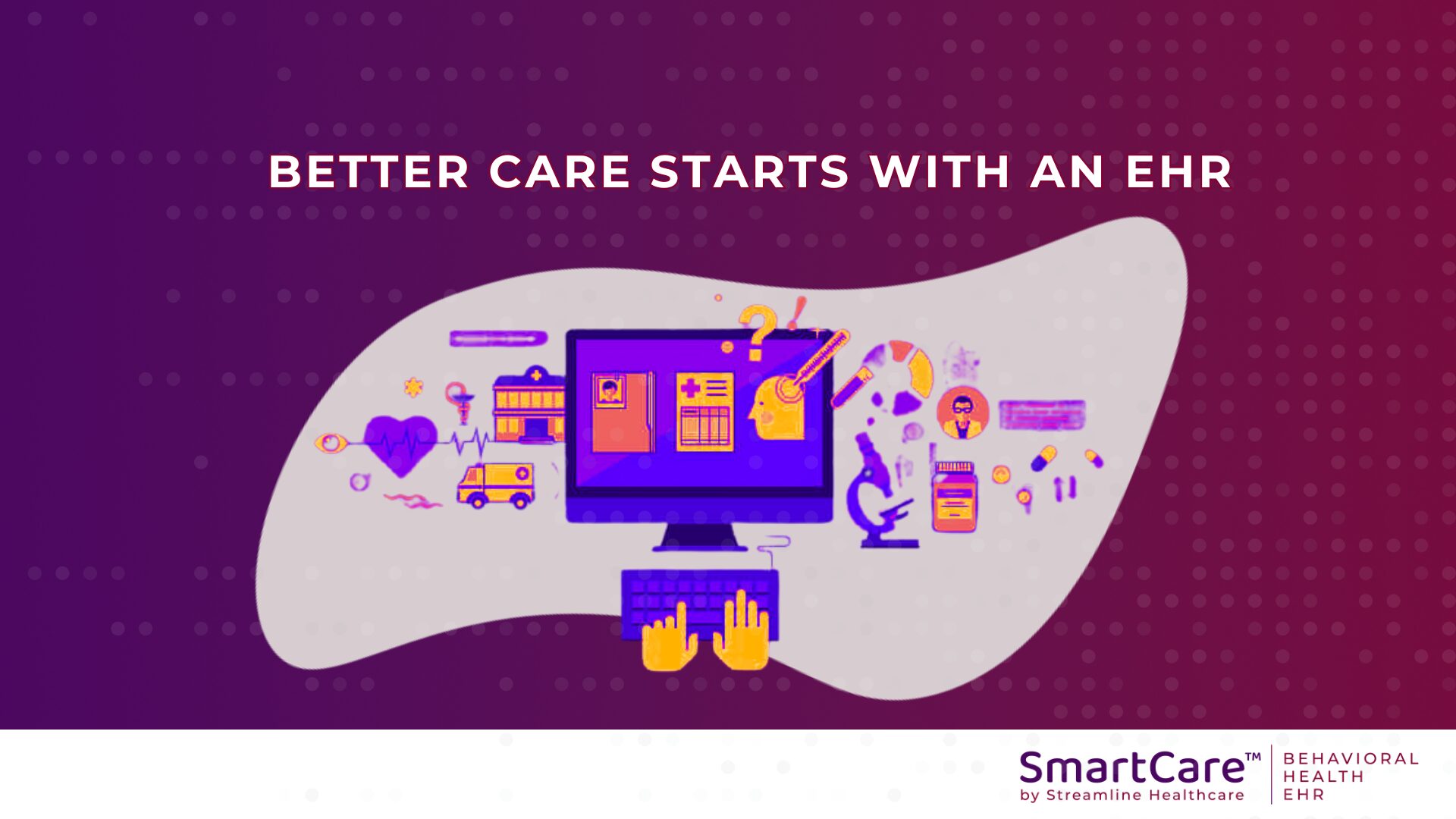October is National Depression and Mental Health Screening Month, and this year it comes at a time when the gap between the number of people living with depression and other behavioral and mental health issues and those receiving treatment is widening.
Mental Health Issues Rise Post-Pandemic, But Treatment Lags
Since the start of the COVID-19 pandemic, the prevalence of those living with mental health issues has grown. There has been a widespread increase in the prevalence of depression, for example, with 1 in 10 Americans reporting living with depression – and nearly 1 in 5 adolescents and young adults reporting the same.
The percentage of those with depression receiving treatment has remained steady at 6%, however, meaning more individuals are going without adequate treatment.
Mental Health Awareness, Screening and Education Are Essential
Throughout October there are observances focused on increasing awareness of depression and mental health, including Mental Illness Awareness Week (the first week of the month), National Depression Screening Day (October 8), and World Mental Health Day (October 10).
To help close the gap between those with symptoms of depression and those receiving treatment, it is more critical than ever to ensure individuals are getting screened for depression and anxiety and educated on the treatment options available.
The U.S. Preventative Services Task Force has released draft recommendations on screening for anxiety, depression, and suicide risk in adults. For the first time, it is recommended that adults under 65 years old be screened for anxiety. The recommendations encourage primary care doctors to screen for depression in all adults, including those who are pregnant or postpartum, and screen for anxiety in all adults under age 65. The recommendations and evidence reviewed are posted and open for public comment on the Task Force website through October 17, 2022.
There are many treatment options available to combat anxiety and depression, including advances in adding online mindfulness cognitive behavioral therapy (CBT) to traditional therapy.
Focusing on the awareness of depression, anxiety, and other mental health disorders and educating individuals on the options available will increase awareness and help reduce the stigma surrounding mental health and close the gap between the growing prevalence of depression and other mental health issues and the number of individuals receiving treatment.
Streamline’s SmartCare™ Behavioral Health EHR
Since 2003, Streamline has focused exclusively on the Behavioral Health and Human Services market. We understand that organizations in this market need more than just another Electronic Health Record (EHR) vendor. We are a trusted partner in building innovative technology solutions that empower people to improve the quality of life for those in need.
SmartCare™ is a true Enterprise EHR platform designed specifically for Behavioral Health and Human Services organizations. Its enterprise, cloud-based, single-platform, and intelligent technology empowers these organizations to improve effectiveness and quality of care. Request a demo today and learn how SmartCare™ can support your organization.
